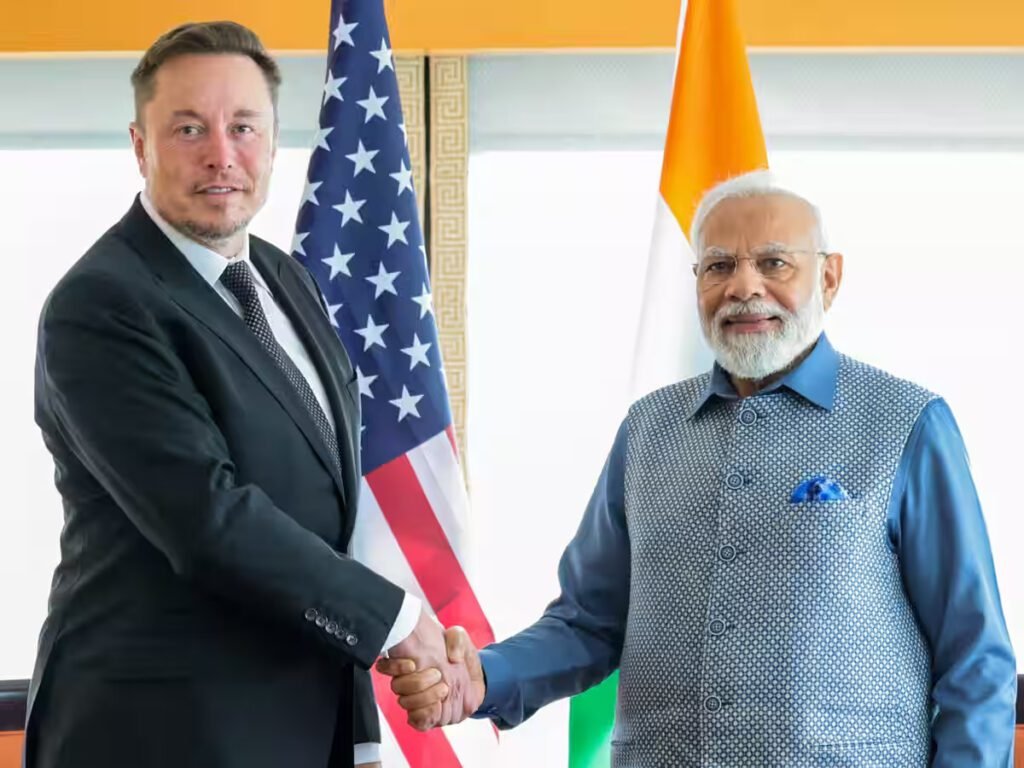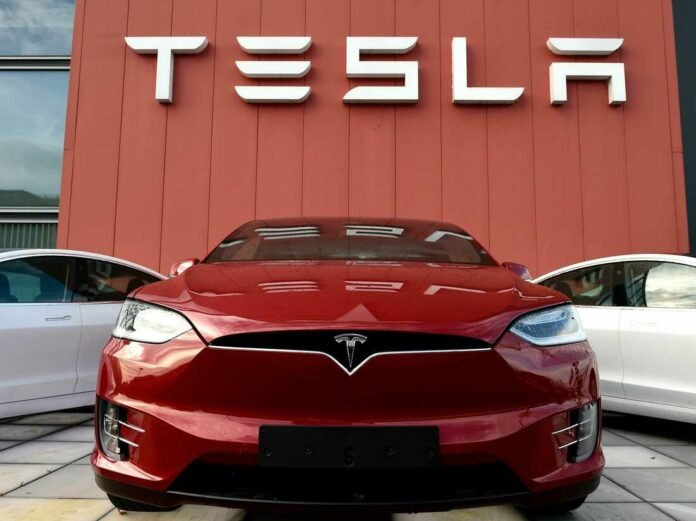People familiar with the situation said that India doesn’t anticipate Tesla Inc. making an investment there anytime soon after Elon Musk’s electric carmaker’s leadership stopped communicating with them.
The people, who asked not to be named because they are not allowed to speak in public, said that since the billionaire postponed a trip to India in late April, Musk’s team hasn’t followed up with New Delhi officials. They stated that Tesla has informed the government that it is experiencing financial difficulties and that it has no immediate plans to make additional investments in India.
The decline in interest in India coincides with Tesla reporting a decline in quarterly deliveries for the second quarter in a row globally and increased competition in China. The EV manufacturer’s first new model in years, the Cybertruck, has been difficult to ramp up, and Musk announced significant workforce layoffs in April. Additionally, the building of a new plant in Mexico has been postponed.

Tesla’s future in India
Representatives of the ministries of finance, commerce, and industry or the Ministry of Heavy Industries, which is in charge of the country’s vehicle industry, did not answer requests for comments. Additionally, Tesla did not reply to a comment request. Citing urgent concerns at the company, Musk canceled a scheduled trip to India in April that included a meeting with Prime Minister Narendra Modi.
Just a few weeks had passed since India reduced import duties on electric vehicles (EVs) from global automakers that promised to invest at least Rs 4,150 crore ($497 million) and begin EV manufacture from a local plant within three years when he first announced his visit.
According to the sources, India’s government is instead depending on homegrown manufacturers like Mahindra & Mahindra Ltd. and Tata Motors Ltd. to increase EV output. They also stated that Tesla would still be welcome to take advantage of the new import tax regime should Musk choose to re-engage.
According to BloombergNEF, battery-powered vehicles made up just 1.3% of all vehicles sold in India last year, indicating the country’s nascent EV sector. Because electric cars are more expensive initially and there are fewer charging stations available, many consumers are reluctant to make the switch.


